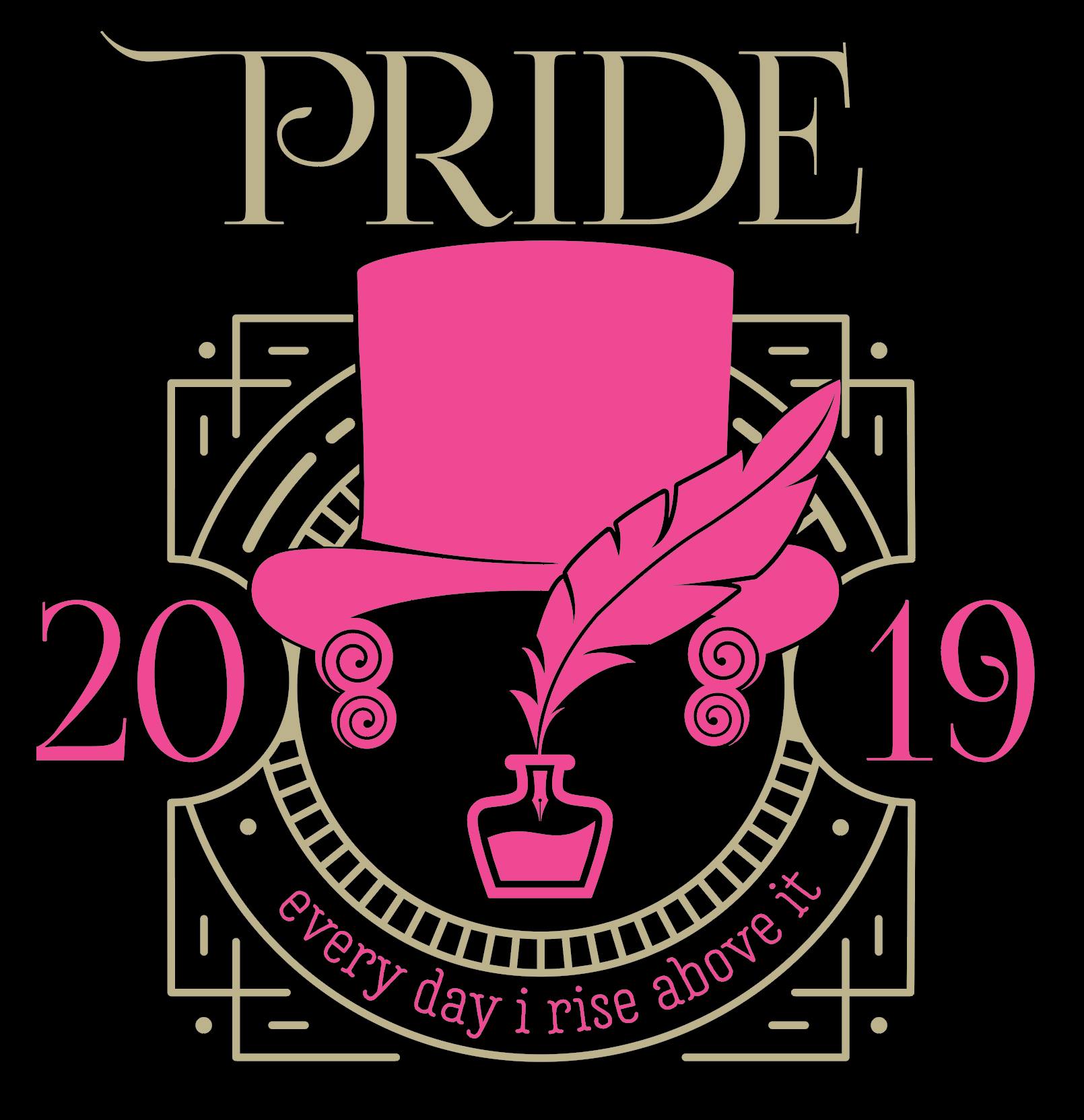
I learned about this form of poetry, the Cascade, from Kat Myrman. With a three-line stanza, and capital letters representing repeated lines, the form is ABC deA fgB hiC. (I have also seen this done where the repeating line is the first line of the following stanzas rather than the last, now that I think of it.) Naturally, I chose a seven-line stanza because I am a bloody showoff. Don’t go there, people, or at least not without stretching out first.
Home is the place where you write your name
In the dust and it remains your name,
Your dust, your cat’s pawprints telling the tale
Of small peregrinations, domestic pilgrimages.
All the books are yours. You have read them all.
You make your way from room to room in the dark
And as day recedes, your bed embraces you.
In other places, you wander, a stranger
Unremarked and nameless, a cipher
To those you pass by, who do not think
To wonder about your loves and dislikes.
They have their own shopping lists of worries.
Out in the world, you are ever nameless.
Home is the place where you write your name.
The geography of naming is such that
Your name points the way back to your birth
Or rebirth. Tell me who you are and I will
Point you toward the river whose water runs
Through your veins, calling itself blood.
Drop your name down a well or toss it
In the dust and it remains your name.
The story of your life would require volumes
Or a skilled raconteur with a very long string
Tied end to end and woven into itself,
A cat’s cradle of intention, obstacle, outcome,
And the serendipities that every life engenders.
Come to the window. Trace out your tale in
Your dust, your cat’s pawprints telling the tale,
Which would include a heroic company of friends,
Sister travelers, the wise one, the warriors,
A ring to find, a cup to destroy, some evil
To overcome, and now and then a resting place
Like this homely place, a place to pause between
The small battles and the long weariness
Of small peregrinations, domestic pilgrimages.
Returning home to your bed, your armchair,
Your cat sleeping on all the notes you took
On your travels, you settle in almost as if
You had never left. But now you see it
Anew: You have chosen every picture that hangs
On the walls. You have sat in every chair.
All the books are yours. You have read them all.
All of it is as familiar as your own hands:
Small and compact peasant hands that belie
The spectacles and teeming brain, the sword
Hanging over the fireplace. You can lay your hand
On any book you want at a moment’s notice,
Predict the pattern of new spring leaves in the window.
You make your way from room to room in the dark.
At dawn, both sun and cat pat your face,
Clamoring for your attention. As the sun passes
Overhead, the light turns this way and that,
Caressing doors and bookcases, chairs and the cat
Who stretches out in the bright patch of carpet.
In the afternoon, he ambles over to welcome you back.
And as day recedes, your bed embraces you.
Art by Laura Wilder.








